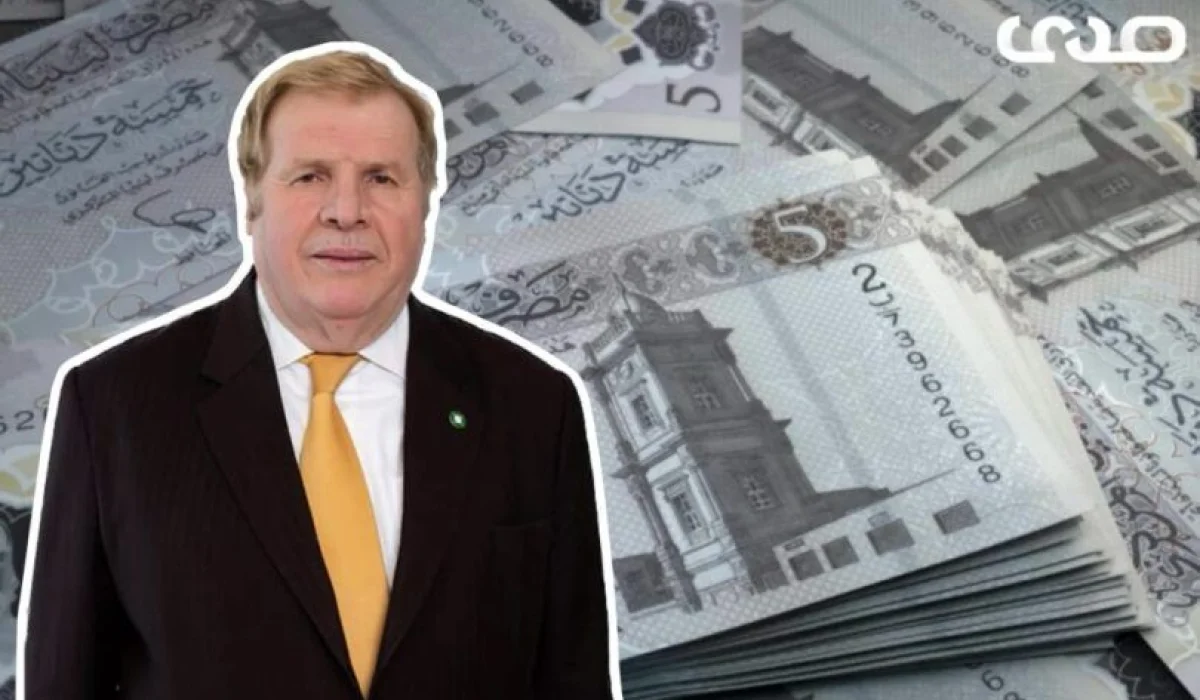
| Post Of The Week
Commenting on the 2023 Audit Bureau Report: Al-Zentouti Critiques State Management and Fiscal Irregularities
Financial expert Khaled Al-Zentouti penned an article in which he stated: “The 2023 Audit Bureau report spans 570 pages, each one deserving of a case, a prosecutor, a judge, a prison, prisoners, and a jailer.”
He highlighted that the report contains 19 chapters and 579 pages, mostly detailing negative aspects such as resource mismanagement, violations, and corruption. Al-Zentouti added that it barely includes any positive points, except for the Quranic verse:
“O you who have believed, fear Allah. And let every soul look to what it has put forth for tomorrow – and fear Allah. Indeed, Allah is Acquainted with what you do.”
(Al-Hashr: 18)
This verse, according to him, seems like a subtle message from the bureau, as if saying: “Leave judgment to the Creator, as punishment in this world appears unattainable.”
Key Highlights from the Report
Al-Zentouti provided a financial and technical overview of the main points in the report:
- Public Spending vs. Revenues:
- Total public spending reached 174 billion LYD, while sovereign revenues were 175 billion LYD, indicating a positive balance (if the figures are accurate).
- Decline in Oil Revenues:
- Oil revenues in 2023 dropped by 10 billion LYD (6%) compared to 2022, despite higher average daily production and crude oil prices.
- Development Expenditures:
- Allocations for development totaled only 24 billion LYD (13.8% of total spending), marking a 28% decrease from the previous year. This is far below global standards, where development spending often constitutes 60%-70% of total expenditures.
- Wage Increases:
- Salaries rose by 22%, reaching 62 billion LYD, representing 36% of total spending. Al-Zentouti labeled this as a wealth distribution against limited productivity.
- Subsidies:
- Subsidies increased by 9% to 68 billion LYD, about 40% of total spending. A significant portion is smuggled abroad, including fuel sold in neighboring European countries at subsidized rates.
- Oil Barter System:
- Bartered oil transactions totaled 41.2 billion LYD, with no documentation at the Ministry of Finance or transparency regarding pricing mechanisms or procedures.
- Public Debt:
- The central bank reported public debt at 84 billion LYD, excluding debt figures from the eastern region, highlighting the disjointed state of Libya’s financial system.
- Telecom Revenues:
- Revenue from telecommunications amounted to only 506 million LYD (0.25% of total revenue), far below international benchmarks of 4%-8% of GDP.
- Customs and Taxes:
- Customs and taxes contributed a mere 1.6% of total revenue, reflecting the pervasive impact of corruption.
- Central Bank Violations:
- The report pointed to violations at the Central Bank and within the banking sector, undermining the core of Libya’s financial system.
- Final Accounts:
- The state’s final accounts have not been closed for over 16 years, which Al-Zentouti described as evidence of dysfunction, comparing Libya to a “herd being led to the slaughterhouse.”
- Audit Bureau Members Harassed:
- Instances of officials attacking and expelling Audit Bureau members reflect the pervasive corruption and poor governance.
A Call for Accountability
Al-Zentouti stressed that the report reflects a dire need for judicial oversight and extensive reforms. He remarked: “This report requires hundreds of prosecutors, judges, and correctional facilities to address violations across the legislative, executive, and municipal levels.”
He concluded by noting the release of a separate report by the Audit Bureau in Al-Bayda to the Speaker of the House of Representatives on July 30, 2024, and hinted that “what lies hidden may be even greater.”





